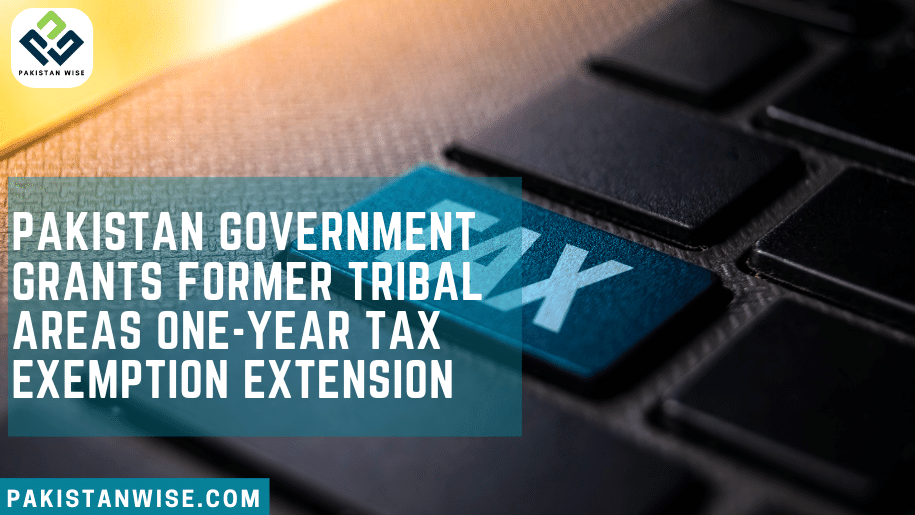Under the recently passed Finance Act of 2023, the government has announced an additional year of tax exemption for the former tribal areas, extending until June 30, 2024. This decision comes as a relief for the businesses and individuals operating in these regions, as they will continue to enjoy a respite from fees and taxes for an extended period.
The Finance Bill 2023 initially proposed a one-year delay, which has now been officially implemented through the Finance Act of 2023. This means that the provision granting tax exemptions to the former tribal areas will remain in effect until the specified date, offering a much-needed boost to the local economy.
However, the sudden change to the Finance Bill 2023 came as a shock to influential lobbying groups and lawmakers who were advocating for the continuation of tax exemptions for an additional year, until June 30, 2024. Unfortunately, this protective measure was withdrawn due to an alteration made in the Finance Bill 2023. Consequently, the exemption that was previously available until June 30, 2024, has been rescinded by this amendment.
As a result, businesses operating in the former Federally Administered Tribal Areas (FATA) and Provincially Administered Tribal Areas (PATA) will no longer be eligible for exemptions on items such as iron/steel, plastics, ghee, textiles, and other commodities. This change may have far-reaching implications for these industries, as they will now be subject to fees and taxes starting from the original cut-off date of June 30, 2023.
Nevertheless, amidst these changes, there are still some positive developments. According to the Finance Bill 2023, individuals and entities residing in NMDs (FATA and PATA) will no longer be required to pay sales tax for an additional year, until June 30, 2024. This exemption will provide relief to the local population, supporting their financial well-being.
Furthermore, the exemption for machinery and equipment imported from the former FATA areas has been extended until June 30, 2024. This extension aims to encourage investment and stimulate economic growth in these regions. Simultaneously, individuals living in FATA or PATA will continue to benefit from an extended income tax exemption for one more year, until June 30, 2024.
Despite these measures, industries in the former Federally Administered Tribal Areas/Provincially Administered Tribal Areas will no longer be able to avail themselves of a tax break for an extra year. Previously, businesses dealing with iron/steel, plastics, ghee, textiles, and various other sectors had enjoyed this incentive. However, with the passing of the Finance Act of 2023, this tax exemption will no longer be applicable.
Related Article: Tax Reform: Government Restrains FBR’s Power
In conclusion, the Finance Act of 2023 has both granted and withdrawn certain tax exemptions in the former tribal areas. While the extension of tax relief until June 30, 2024, benefits some sectors and individuals, it also introduces new tax obligations for specific businesses. These changes aim to strike a balance between economic development and revenue generation, ultimately shaping the future of these regions.

